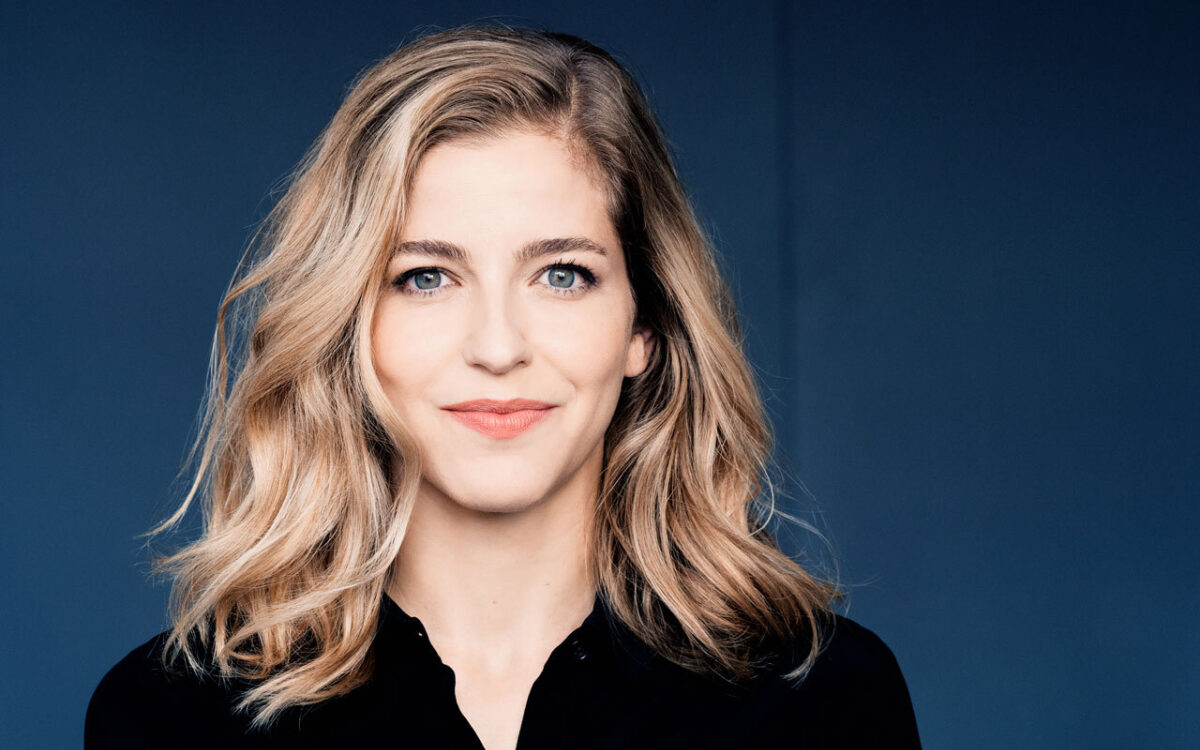Poème, for violin and orchestra
Composition and premiere: Chausson wrote Poème in Italy between April and late June, 1896, for Eugène Ysaÿe, who premiered it in Nancy in December 1896 and in Paris on April 4, 1897. First BSO performances: December 1917, Karl Muck conducting, Sylvain Noack, soloist. First Tanglewood performance: August 1, 1952, Howard Shanet conducting, Jacob Krachmalnick, soloist (as part of Tanglewood on Parade).
The music of Ernest Chausson has never enjoyed a critical esteem of more than modest proportions. The mild condescension that greets his work today was often elaborately hostile in his own time. The stinging rebukes he received throughout his life must have been a source of profound discouragement to this gentle, sensitive man. He was rebuffed not only by critics but by publishers as well. Fearing inadequate sales, they sometimes demanded that he subsidize the cost of printing his music. The Poème is a case in point.
A slight mystery surrounds the composition of this work, for it is nowhere mentioned in Chausson’s copious correspondence. Apparently it was finished in a fairly short period of time—between April and August 1896—without the difficulties Chausson usually experienced in composing. He took the unpublished work with him during a trip to Spain, and it was probably there that Isaac Albéniz became familiar with it. Chausson had befriended Albéniz during the latter’s rather unhappy stay in Paris, and the Spanish musician now undertook to repay the favor. Touring Germany in the spring of 1897, Albéniz took the score to the publishing house of Breitkopf & Härtel, where it was at first rejected. The firm then suggested that Albéniz himself might be willing to underwrite the cost of publication, and he quickly agreed to these terms. In order to prevent any suspicion from Chausson as to what had transpired, Albéniz provided an additional three hundred marks for use as royalties. Chausson later met Breitkopf, who was extremely courteous, praised the Poème, and handed him the three hundred marks. Unused to such treatment from a publisher, Chausson was thunderstruck and delighted. He never learned of his friend’s well-meant deception.
Chausson did not begin to study music until after he had satisfied the wishes of his family by completing an education in law. Already a husband and father when he finally enrolled at the Paris Conservatoire, he abandoned his studies there in order to take private instruction from César Franck. His career as a composer, which spanned only about two decades, came to an absurdly tragic end when he was 44 years old. Bicycling near Limay, he lost control and was smashed to death against a stone wall at the bottom of a steep downgrade.
Perhaps the most popular of all Chausson’s works, the Poème bears all the characteristic trademarks of this composer’s music: gentle melancholy, restrained passion, reserve, delicacy, and exquisite craftsmanship. It is a one-movement work, a sort of rhapsody, of which Debussy said: “Nothing touches [us] more with dreamy sweetness than the end of this Poème, where the music, leaving aside all description and anecdote, becomes the very feeling which inspired its emotion.”
HARRY NEVILLE
Harry Neville was the Boston Symphony Orchestra’s program editor from 1973 to 1974.

